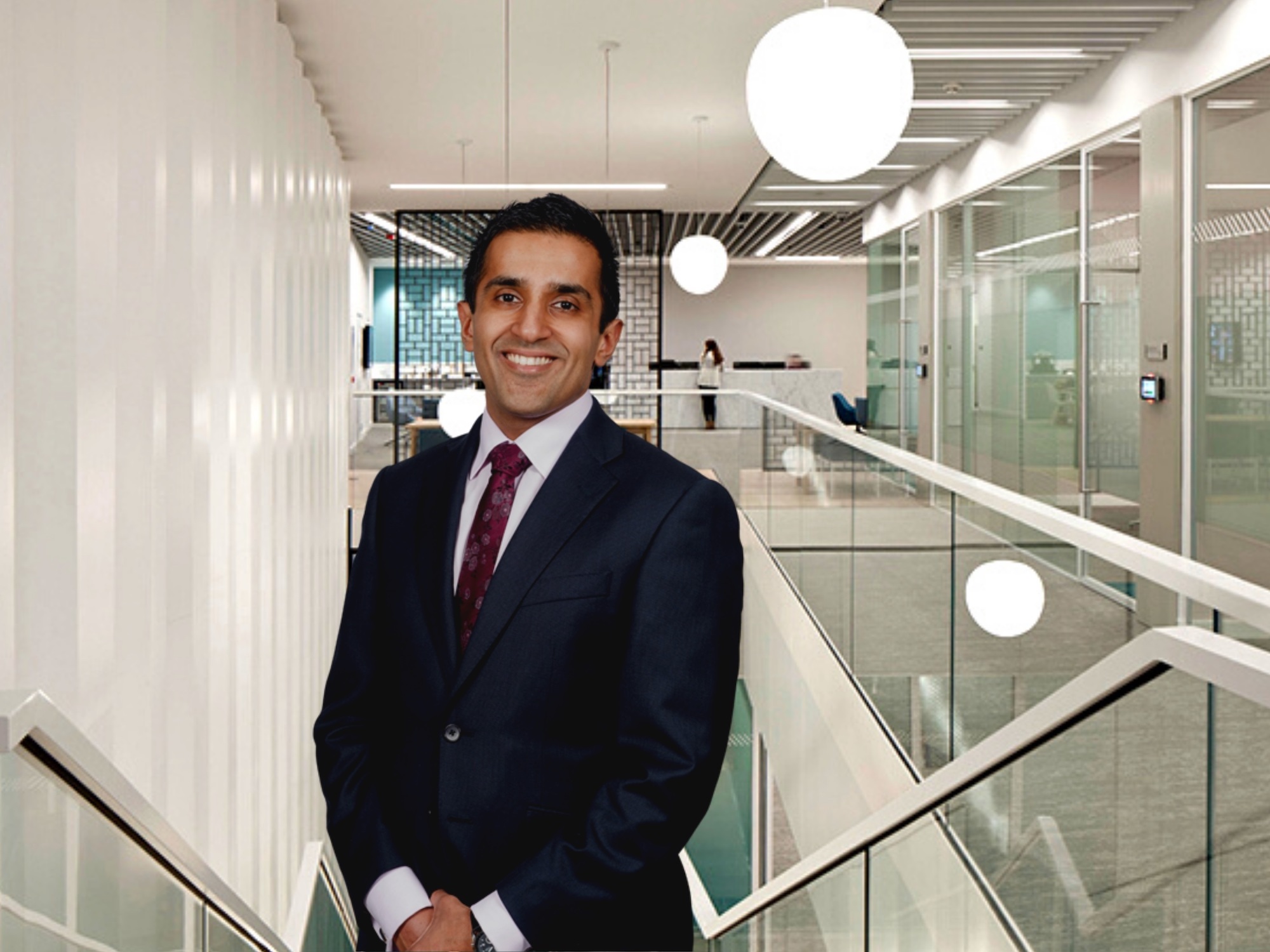Vishal Chopra: Gloomy Autumn Statement will be watched carefully north of the border

Vishal Chopra (credit: Mike Wilkinson)
Vishal Chopra, head of tax for KPMG UK in Scotland, discusses the expected fiscal measures in tomorrow’s Autumn Statement, highlighting the economic challenges and potential tax policy changes in both the UK and Scotland.
The Autumn Statement looks set to be as gloomy as the current economic outlook.
Don’t expect big ticket tax announcements. The Chancellor Jeremy Hunt, facing the highest public debt in generations and possible recession, has limited fiscal headroom. Although he still faces pressure to cut taxes, he needs to balance this with controlling inflation.
What limited funds he has will therefore likely be directed toward business taxes to make the economy more competitive.
So, what can we expect? Recent UK Government consultations give us a clue as to the most likely business tax announcements.
Back-to-work initiatives aimed at getting the long-term sick back to work may include a ‘super-deduction’ for company’s providing employee healthcare, possibly accompanied by relief for benefit-in-kind charges.
The findings of Lord Harrington’s review on attracting foreign direct investment are due – expect these to be long on ambition but short on detail.
Draft legislation for merging the two UK R&D schemes was released earlier this year – but if the consultation feedback is anything to go by, don’t expect a final blueprint in the Autumn Statement.
Business will be hoping that full expensing is extended, if not made permanent – and speculation in recent weeks is that the Chancellor will grant this wish.
For individuals, although income tax cuts are unlikely, so too are income tax rises. And there may be a rabbit out of the hat with an announcement cutting inheritance tax or stamp duty.
The decisions made at Westminster will be watched closely in Scotland where we have our own unique set of tax challenges.
Finance Minister Shona Robison sounded a stark warning earlier this year: the Scottish Government’s day-to-day spending could outstrip its funding by a billion pounds in 2024/25, doubling to almost £2 billion in 2027/28. She faces the unenviable task of reconciling the Government’s ambitions with fiscal reality.
At the heart of this challenge is the call for a more progressive tax system by the First Minister, Humza Yousaf. His vision is for those who earn the most to bear the greatest tax burden, and he hasn’t ruled out the possibility of wealth taxes to bridge the looming fiscal gap.
However, it’s unclear what form such a wealth tax would take with limited devolved tax powers – most likely it would come in the form of an increase in the rate of Scottish income tax. Yousaf has previously hinted he would consider a new 44% rate for higher earners.
But the First Minister is also aware of a growing divergence between tax rates North and South of the border, and the implications for the public purse should Scottish taxpayers vote with their feet.
Scottish policymakers will therefore be paying close attention to the Chancellor’s announcement this Wednesday as they attempt to tackle some of these dilemmas in the Scottish Budget on 19 December.

Vishal Chopra is head of tax for KPMG UK in Scotland







